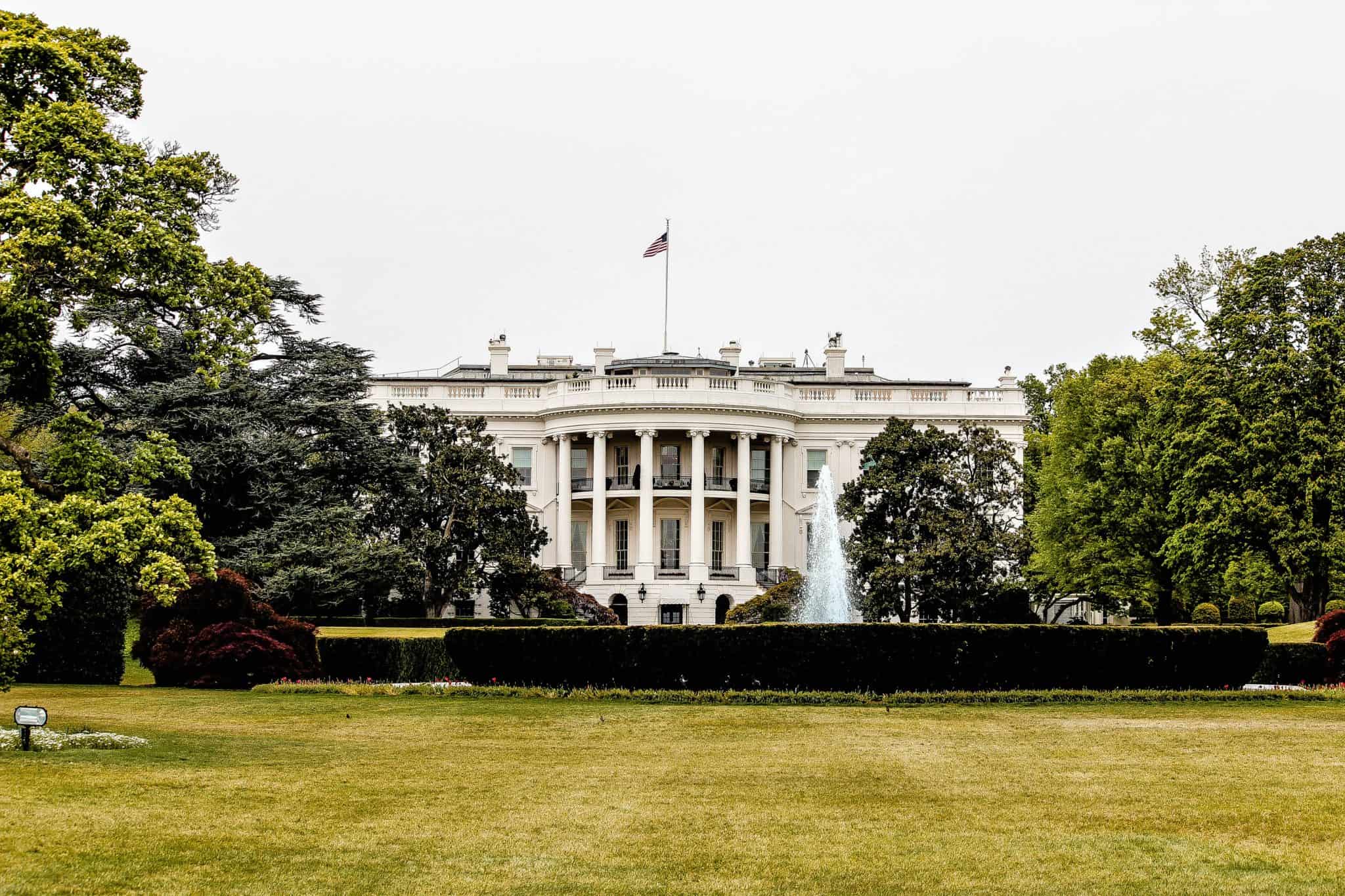
Leigh Thomas is a student at Harvard Law School.
Yesterday, the Trump Administration announced a plan for a $1 trillion stimulus, which would include $250 billion in direct checks to Americans by the end of April. Treasury Secretary Steve Mnuchin told Republican senators that he envisioned direct payments covering two weeks of pay would go out by the end of April. Secretary Mnuchin warned that without government intervention, the unemployment rate could rise to nearly 20 percent. The Trump plan also will allow individuals to defer income tax payments, interest free and penalty free, for 90 days. Republican senators have been reluctant to embrace the narrower relief package passed by the House (as Zach and Deanna have covered recently). However, given the urgency of the mounting crisis, Senator Mitch McConnell said the Senate would try to pass the House bill before moving on to larger interventions.
The New York Times has shone a spotlight on several industries hard hit by layoffs during the COVID-19 crisis. Marriott International announced yesterday it would be furloughing tens of thousands of employees worldwide. Backstage workers of the touring industry are also suffering as concerts and most large gatherings are cancelled for the foreseeable future. These workers, including sound engineers, lighting technicians, and production assistants most often work freelance and are not unionized, leaving them without meaningful employment protections. New York’s unemployment insurance website crashed on Monday due to the volume of applications from newly laid off workers. The Economic Policy Institute forecasts that the coronavirus shock will likely claim 3 million jobs by summer.
Not all businesses are engaged in layoffs. Amazon announced on Monday that in order to meet rising demand of orders for household goods, it will be hiring for 100,000 roles, and will increase pay by $2/hr.
The Detroit Department of Transportation shut down all bus service yesterday after bus drivers refused to work due to concerns about the coronavirus. The drivers stated they lacked important protections from the virus: buses were not cleaned frequently enough, and drivers are unable to wash their hands due to widespread business closures. By the end of the day, Detroit Mayor Mike Duggan and representatives from three unions announced that the city would restore bus service by Wednesday. This announcement came along with promises to clean buses more frequently and make restrooms for hand washing available for drivers along their routes. This incident highlights the issues that confront workers in “necessary” sectors, unable to shut down during the COVID-19 crisis.






Daily News & Commentary
Start your day with our roundup of the latest labor developments. See all
July 6
Municipal workers in Philadelphia continue to strike; Zohran Mamdani collects union endorsements; UFCW grocery workers in California and Colorado reach tentative agreements.
July 4
The DOL scraps a Biden-era proposed rule to end subminimum wages for disabled workers; millions will lose access to Medicaid and SNAP due to new proof of work requirements; and states step up in the noncompete policy space.
July 3
California compromises with unions on housing; 11th Circuit rules against transgender teacher; Harvard removes hundreds from grad student union.
July 2
Block, Nanda, and Nayak argue that the NLRA is under attack, harming democracy; the EEOC files a motion to dismiss a lawsuit brought by former EEOC Commissioner Jocelyn Samuels; and SEIU Local 1000 strikes an agreement with the State of California to delay the state's return-to-office executive order for state workers.
July 1
In today’s news and commentary, the Department of Labor proposes to roll back minimum wage and overtime protections for home care workers, a federal judge dismissed a lawsuit by public defenders over a union’s Gaza statements, and Philadelphia’s largest municipal union is on strike for first time in nearly 40 years. On Monday, the U.S. […]
June 30
Antidiscrimination scholars question McDonnell Douglas, George Washington University Hospital bargained in bad faith, and NY regulators defend LPA dispensary law.